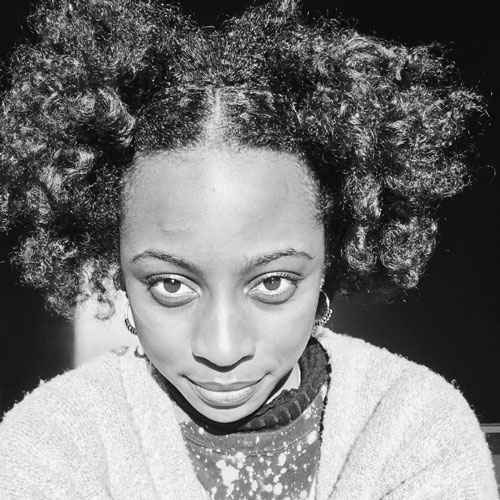Project Title: Investigating Neural Networks that Mediate Social Risk (Advisor: Oriel FeldmanHall; Cognitive, Linguistic, and Psychological Sciences)
What is your major/concentration?
My declared concentration is Cognitive Neuroscience.
What year will you graduate?
I plan to graduate May of 2020.
Where are you from?
Atlanta, GA.
What were your academic interests in high school?
My academic interests in high school surrounded physics and engineering- in fact, my favorite class was PHYSENG, a course that gave students the chance to apply what we learned about classical mechanics and electromagnetism to engineering projects.
What is your favorite activity outside of the classroom?
Currently, my hobbies include (and are not limited to) reading, pilates, biking, talking about music and painting.
Why did you decide to pursue research in brain science?
Science, for me, offers a systematic to address questions I have about the world around me. As organisms inhabiting an environment, I believe it natural and necessary to have a desire to question how and why the universe operates in the way it does. However, as we learn and explore this external space, I find it ironic and quiet intriguing that the we don't fully understand the machine that we are using to explore! So for me, neuroscience is the most beautiful form of science because we are essentially using the machine to explain how the machine itself works.
Can you tell us a little about your project and what you found?
I am an R.A. in the FeldmanHall lab- an Affective Neuroscience lab in the CLPS department. Our lab is interested in the neural basis of social behavior and in this particular study, we were investigating how the neural development of brain systems (ie. cognitive-regulatory and socio-emotional systems) mediate trust behaviors in adolescents and further, the implications for the nature of anxiety pathologies in adolescents. I am working on this project with a graduate student in our lab and the work done this summer primarily focused on preparing for data collection with and piloting the tasks. Our experimental design implements behavioral economic tools (ie. Trust Game, Risk and Ambiguity Task and a Go-No-Go task) to get a quantitative measure of trust attitudes. We hypothesize that adolescents will trust more than adults. Additionally, we expect to find more activity in these socio-emotional networks relative to the cognitive-regulatory in adolescents who have anxiety disorders.
What is your most memorable experience from your training in brain science?
As this is an ongoing project, my favorite part thus far has been the opportunity to teach myself how to code. Technological competency in a time where we are becoming increasingly dependent on computers is vital to keep pace with the advances technology. Therefore, I am grateful for the chance to learn.
What have you learned from this experience that you are applying to other aspects of your Brown degree?
Initially, I have learned that research is a huge commitment that requires a combination of both hard and soft skills. In a research setting where communal effort is necessary to achieve a goal, being able to code a task is just as important as good communication skills. Thus, being in this lab this summer has taught me there several demands that come with research. Related, I have found research takes patience. Thorough planning, several rounds of revision and precise execution requires time and time warrants patience.
What would you like to do after graduating?
After graduating, I plan to continue research for a year abroad followed by medical school.
